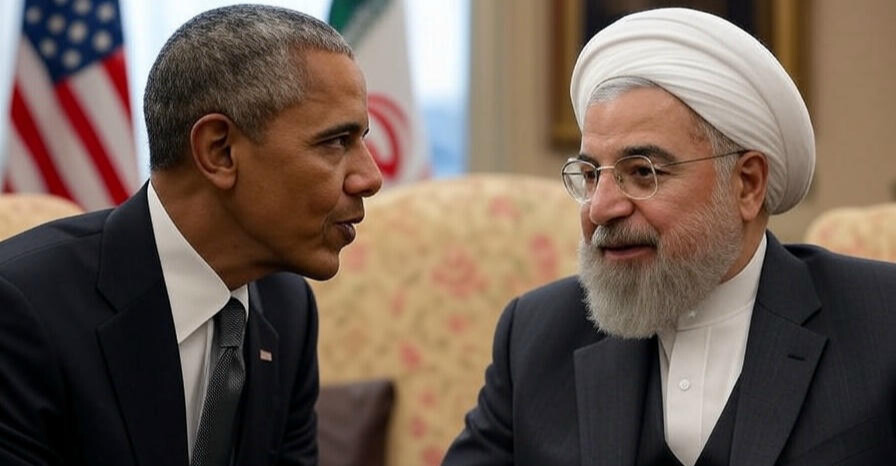US-Iran Nuclear Tensions Escalate as Hopes for Trump-Era Deal Fade
By International Desk, Kashmir News | Published: June 12, 2025
The geopolitical chessboard in the Middle East is heating up. As of this week, US-Iran nuclear tensions escalate to levels not seen since the height of the 2019 standoff, raising alarms across NATO members and oil markets. Former U.S. President Donald Trump had pushed for a quick nuclear agreement, but his legacy may now be contributing to conflict rather than resolution.
According to senior intelligence briefings, Iran is intensifying uranium enrichment while the U.S. redeploys naval forces to the tension-filled Strait of Hormuz. With each side reinforcing its stance, it’s becoming evident that these US-Iran nuclear tensions escalate not only politically, but militarily.
Why US-Iran Nuclear Tensions Escalate Again in 2025
This deterioration didn’t begin overnight. The U.S. exited the historic 2015 Joint Comprehensive Plan of Action (JCPOA) under Trump in 2018, triggering a chain of retaliatory measures from Iran. By 2025, their nuclear program has advanced beyond prior limits, frustrating Western diplomats.
The Iranian leadership has rejected interim deals, with Ayatollah Khamenei stating that the “era of American trust-building is over.” As US-Iran nuclear tensions escalate, neighboring regions like Iraq and Syria are witnessing renewed instability funded indirectly by both regimes.
Key Events Pushing US-Iran Nuclear Tensions to Escalate
| Event | Details |
|---|---|
| Uranium Enrichment | Iran resumes enriching uranium past 60%, nearing weapon-capable levels. |
| US Naval Activity | Aircraft carriers deployed to Persian Gulf amid strategic signaling. |
| Stalled Diplomacy | No negotiations since early 2025. Swiss channel considered inactive. |
| Allied Responses | Israel and Saudi Arabia conducting joint air defense drills in response. |
Reports from CNBC confirm that these moves are linked to Iran’s refusal to curb its recently upgraded missile program. As both soft and hard power escalate, so do the risks of instability — yet again proving how US-Iran nuclear tensions escalate geopolitical stakes across multiple fronts.
Trump’s Legacy in the Spotlight as US-Iran Nuclear Tensions Escalate
Critics argue that Trump’s “maximum pressure” campaign on Iran lacked a coherent endgame. Without a follow-up diplomatic roadmap, U.S. sanctions only worsened regional hostilities. “Iran played the long game, surviving sanctions but ramping up capabilities,” remarks political analyst Susan Kramer.
This inconsistent strategy now contributes to conditions where US-Iran nuclear tensions escalate under an entirely new administration. Congressional leaders are now debating how bipartisan foreign policy missteps contributed to this crisis.
World Impact: Why It Matters That US-Iran Nuclear Tensions Escalate
From oil prices to global security, the worst-case scenario is no longer hypothetical. Military buildup in the Persian Gulf, missile-testing near Israeli borders, and collapsing international monitoring protocols make timely diplomacy essential.
The United Nations urges dialogue. Meanwhile, the International Atomic Energy Agency (IAEA) filed a complaint regarding restricted access to key Iranian nuclear facilities—another domino now tipping.
Conclusion: Urgent Reengagement Needed as US-Iran Nuclear Tensions Escalate
The takeaway is clear — unless both sides pursue serious negotiations soon, US-Iran nuclear tensions may escalate even further, leading to irreversible conflict with consequences far surpassing national interests. The diplomatic window is closing fast.
Kashmir News will continue to monitor this situation. Bookmark our Breaking News section or visit our homepage for updates on global security, Middle East relations, and nuclear diplomacy developments.


